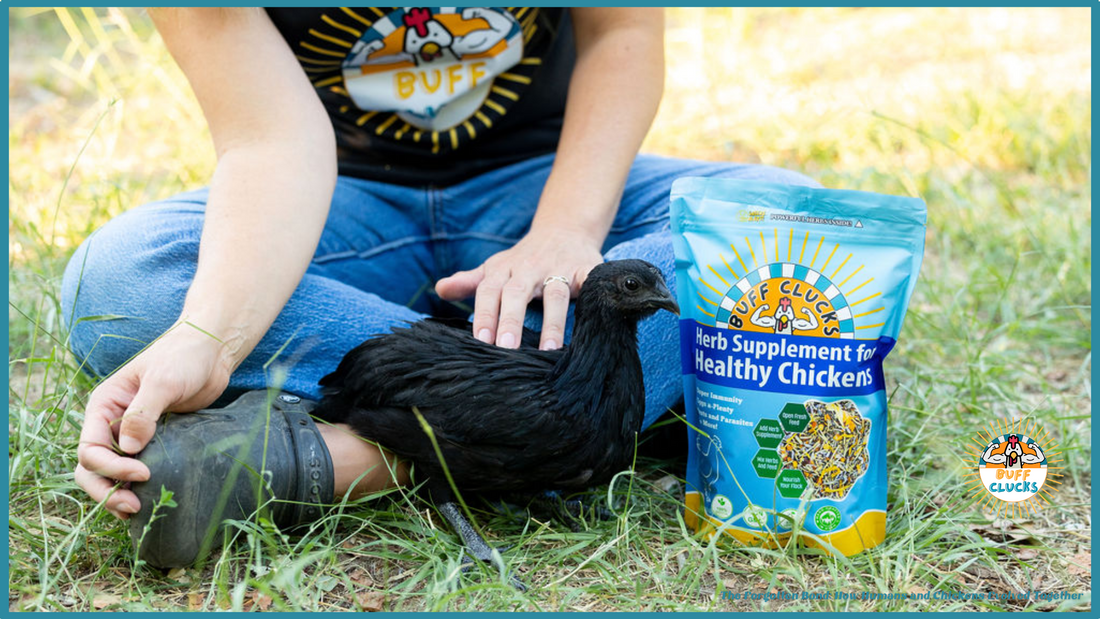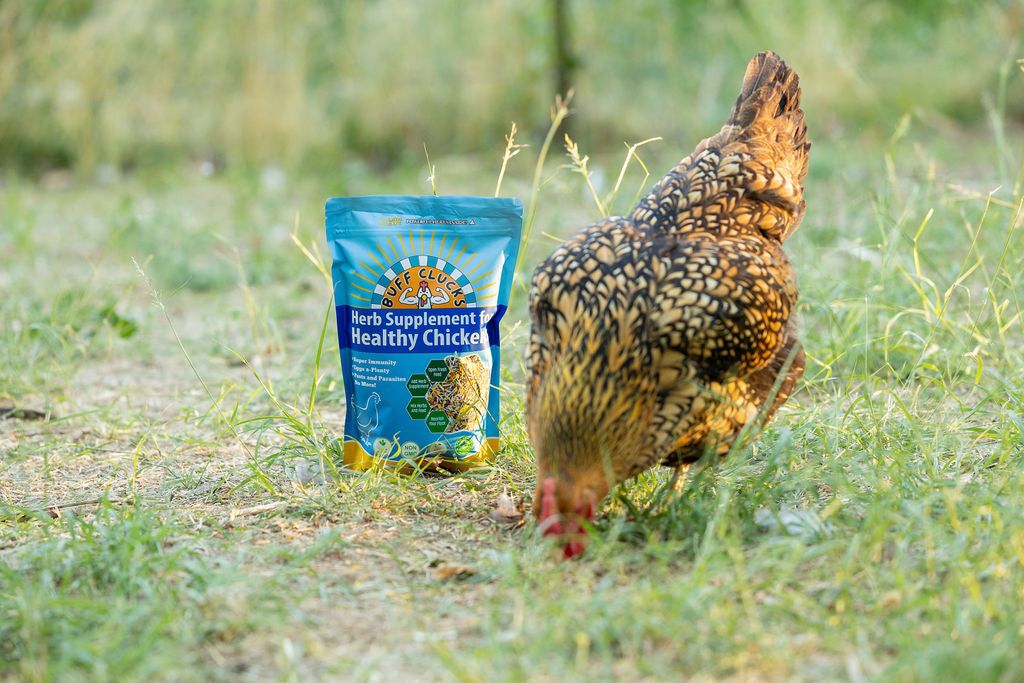
The Forgotten Bond: How Humans and Chickens Evolved Together
When we think about animals that have walked beside humans throughout history, dogs are usually the first to come to mind. Archaeological and genetic evidence suggests that humans and dogs have co-evolved for at least 14,000 years, possibly as far back as 30,000 years. Early wolves, drawn to the scraps around human camps, began a slow, mutual transformation. Humans selected for the friendliest traits. Wolves grew tamer, more sociable. Over the generations, they became dogs.
But the story is more than survival or food. Dogs evolved the ability to read human facial expressions, understand pointing, and even tune into our emotional states. We, in turn, adapted to their presence, emotionally and neurologically. In fact, studies have found that oxytocin—the “love hormone”—increases in both humans and dogs during affectionate interactions.
This co-evolution created not just companionship, but a deep, emotional interdependence. And it raises a compelling question:
“Could something similar be true of chickens?”
The Quiet History of Human and Chicken Relationships
The domestication of chickens likely began 7,000 to 10,000 years ago in Southeast Asia, where red junglefowl started appearing around human settlements. Drawn by discarded grains and food scraps, they benefited from the proximity to people. Over time, humans began to appreciate the gifts chickens offered, like meat, eggs, pest control, and even spiritual symbolism.
As humans migrated and built civilizations, chickens came with us. They spread through trade routes and were revered in ancient cultures, from being used in Roman divination rituals to appearing in Chinese zodiac calendars. Their role was utilitarian, yes, but also symbolic and, occasionally, tender.
Like early dogs, chickens were shaped by the people around them. We bred them for traits that suited our needs, which are less aggression, higher egg output, and adaptability to domestic life. And just like dogs, chickens began to change not just genetically, but behaviorally.

More Than Livestock
Ask any backyard chicken keeper, and they’ll tell you that chickens are not just livestock. They’re quirky, curious, affectionate, and surprisingly communicative. Studies have confirmed that chickens have complex social hierarchies, over 30 unique vocalizations, and even the capacity for empathy. They can recognize over 100 individual faces, human and chicken, and remember them for long periods. They anticipate routines, respond to their names, and can even learn tricks.
In short: they’re smart. They’re emotionally attuned, and they can bond with humans. Recognizing these remarkable traits, many chicken keepers now seek ways to nurture both the physical and emotional well-being of their flocks. BuffClucks offers an all-natural range of products designed to support your chickens' unique health needs while deepening the connection you share with them.
A Symbiosis Reawakened Uniting Humans and Chickens
The rise of the modern backyard chicken movement has done more than reconnect us with our food. It’s reawakened something ancient, a relationship rooted not just in practicality, but in mutual benefit and emotional companionship. In return for shelter, food, and care, chickens offer eggs, pest control, fertilizer, and perhaps most meaningfully, connection.
They follow us around the garden, greet us at the gate, and perch in our laps. They also help soothe anxiety, teach children responsibility, and bring joy to people experiencing grief, isolation, or major life changes. For many, keeping chickens is a deeply nourishing act of reciprocity.

Chickens in the Emotional Ecosystem
Just as dogs were once seen only as work animals before becoming our emotional companions, chickens are starting to be understood in a new light. They may not wag their tails or fetch our slippers, but chickens offer something else and that is presence, grounding, rhythm. A living link to the natural world and our agricultural past.
And in a time when many are seeking meaning in everyday life, chickens remind us that care and companionship don’t always bark, they sometimes cluck.
After All...
As any chicken keeper will tell you, there’s nothing quite like the soft cluck of a hen as she follows you across the yard, or the warm weight of a chicken roosting on your knee.
- It’s ancient.
- It’s emotional.
- And it’s ours.

























